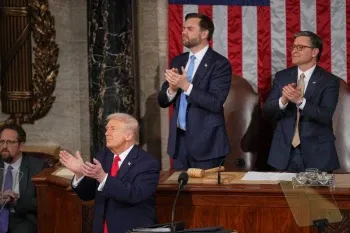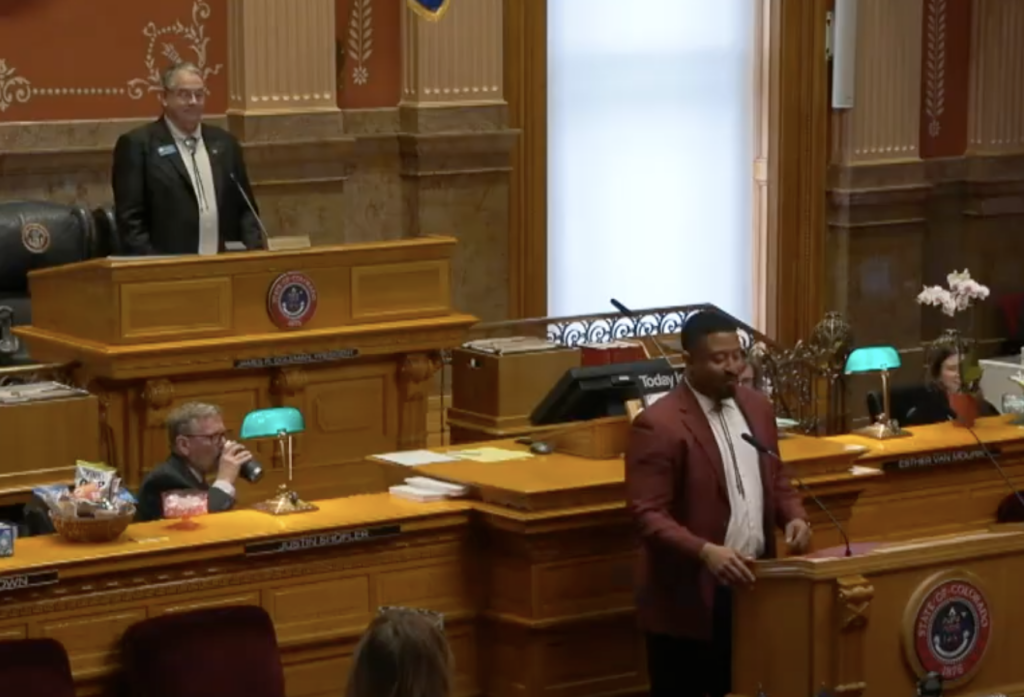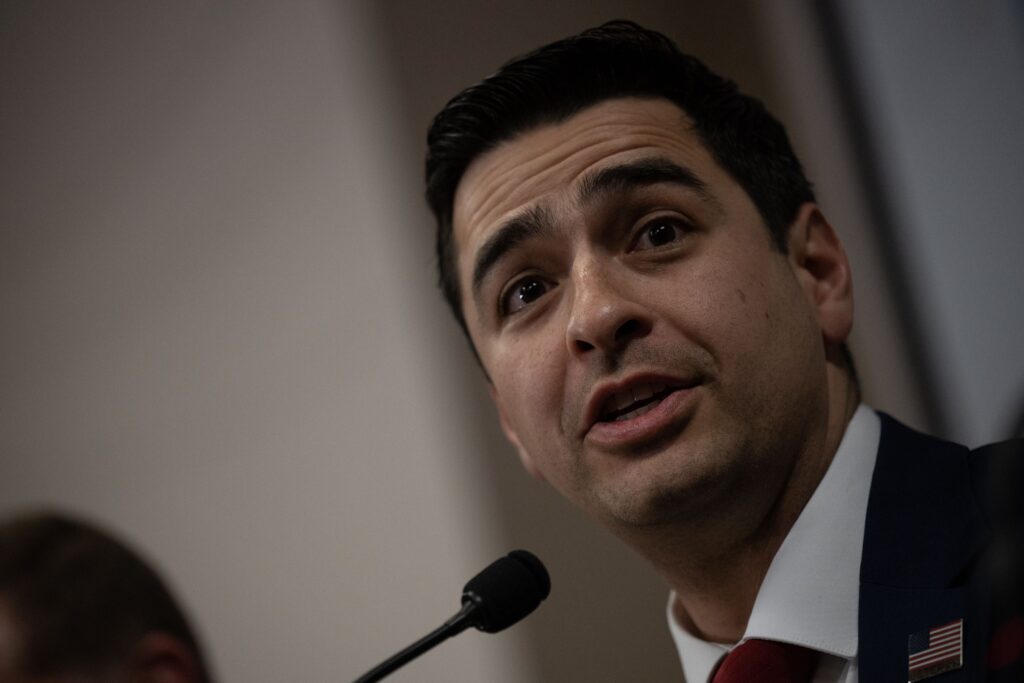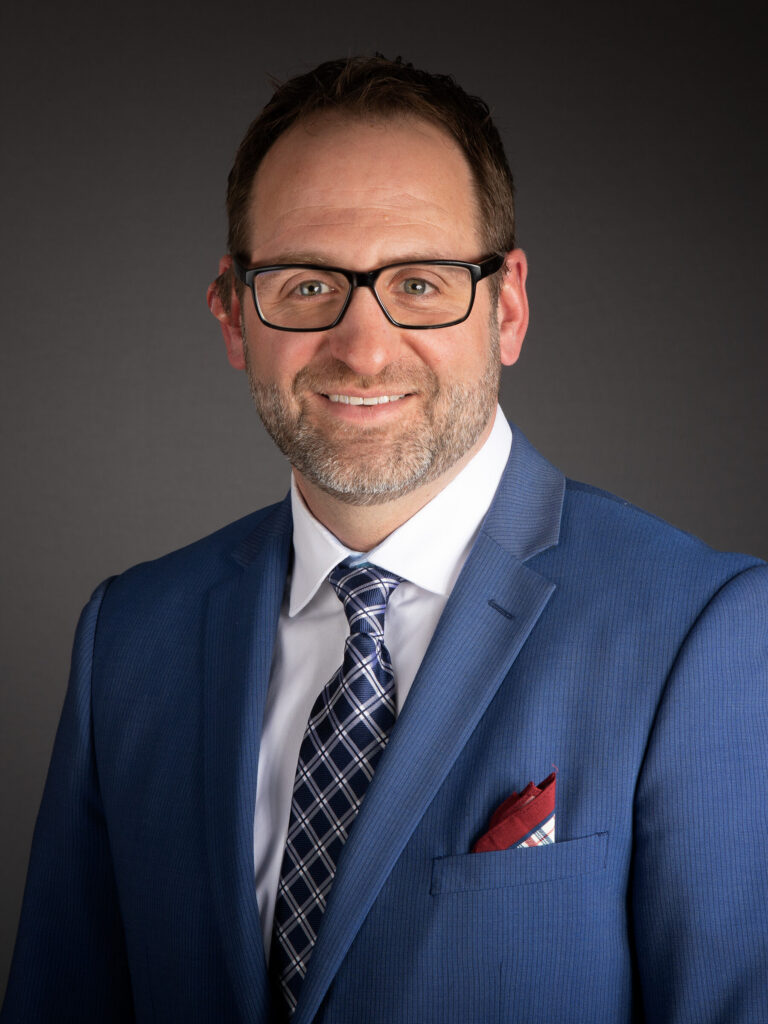Advantage masquerading as reform | HUDSON
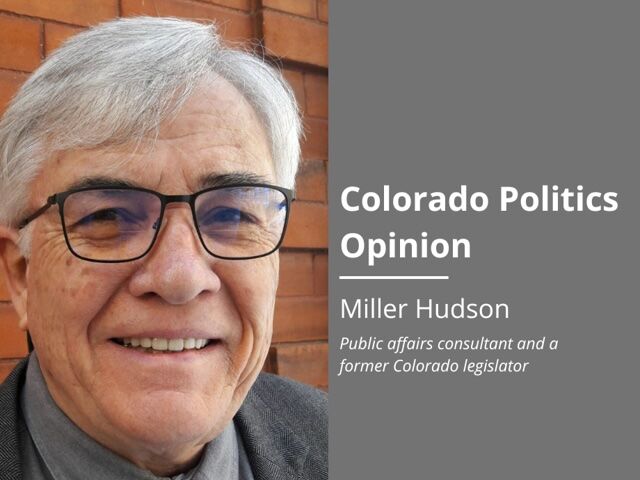

There was a time, not so long ago, when the initiative process was available to Colorado citizens intent on reforming and/or modernizing government and our law. An army of volunteers, either aggrieved or motivated to usher in change, could sweep across Colorado seeking signatures to place their pet peeve or project before voters. More often than not, these good government crusades proved successful. Direct democracy always irritates the guardians of the status quo, however. Two major interventions in the petition process have largely extinguished the availability of this remedy for use by “the people” and reserved it for the rich and powerful.
The first blow was struck by the courts, when they legitimized paid circulators, overturning a requirement that petitioners be unpaid volunteers. Suddenly, special interests could advance proposals designed to produce private profits. All that was required was a willingness to spend the money necessary to qualify a question for the ballot. Perhaps the most blatant of such campaigns were the repeated efforts to authorize wine and liquor sales in grocery stores. A patina of public benefits was painted claiming grocers were only concerned about offering a convenience for their customers. God forbid they might have to walk next door to a mom-and-pop liquor store. It took several attempts, but eventually the grocers won this battle with both legislators and voters.
Stay up to speed: Sign up for daily opinion in your inbox Monday-Friday
The second blow was a sense remaining that it was still too easy to launch initiatives. Without a doubt, zealots have asked Colorado voters again and again to restrict abortion, relying on signature collection through a network of church organizations. Repeated defeats did not discourage them. Consequently, our legislature imposed a requirement initiatives collect a distributed quota of signatures within each state Senate district. This hurdle is a nasty one for grassroots campaigns. A political consultant recently estimated it takes at least $2 million dollars to place an initiative on the ballot today. Despite widespread support from progressive and public education non-profits enlisting volunteers, a K-12 funding proposal had to be abandoned.
The Pew Research Center completed a survey last year in 24 democracies asking voters what they believe is needed to make their governments more effective. Suffice it to say ideas ran the gamut from the irrelevant to the sublime. Suggestions that democracy demands better politicians or better voters appear futile. Irrespective of their economic conditions, “People reported they want politicians who are more responsive to their needs and who are more competent and honest,” according to Pew. Strangely, few respondents listed campaign finance as a major problem although corruption made the list – even in the United States.
Restructuring American government appears a bridge too far. Our “first-past-the-post” elections deny representation to minority communities. This could be addressed with a multi-candidate, proportional election system. Such districts existed in several American states during the 19th century. A switch to a parliamentary system carries advantages, but those countries that have parliamentary structures aren’t entirely crazy about them. Money remains the universal solvent for all political campaigns – seeping into pockets everywhere. When we allow elections to be conducted as auctions, we shouldn’t be surprised when public offices go to the highest bidder.
There is a growing national movement aimed at tinkering with voting systems. Colorado was among the first states, together with Oregon, to adopt universal mail ballots. This shift occurred with bipartisan legislative support prior to the arrival of former President Donald Trump on the political stage. It has pushed general election participation above 80%, at or near the top nationally. Despite the constant bleating of Republican Party Chair Dave Williams, no election fraud has been found. Also permitted was unaffiliated voter participation in the partisan primary of their choice. It is reputed to push both parties into fielding moderate candidates. There is little evidence this actually happens.
Now a group identified as Unite America is proposing another overhaul of Colorado voting procedures, introducing jungle primaries where all candidates stand in a single primary that allegedly allows two Democrats or two Republicans in heavily partisan districts to face off at the general election. California U.S. Rep. Adam Schiff just demonstrated in that state how this arrangement can be gamed, elevating Steve Garvey, a Republican who can’t win statewide, into the runoff, denying voters a Schiff-Porter Democratic cage match. A variant is to move four candidates from the jungle primary into the runoff and then use ranked-choice voting (RCV) to determine the general election winner. Voters place the runoff candidates from their first to fourth choice. Currently used only in Maine and Alaska, RCV has returned Alaska U.S. Sen. Lisa Murkowski to the Senate twice and elected Mary Petola, a Democrat, to Congress in the red state.
Speaking with someone who has been close to the Colorado deliberations as Unite America polishes its initiative; when challenged that jungle primaries function to benefit the richest candidates, advocates agreed. The ability to raise money as a measure of a candidate’s strength is at the heart of this argument. All this is convenient for Kent Thiry, the retired chief executive of the kidney dialysis giant DaVita. His aspirations to run for governor have been short-circuited by the fact that neither Democrats, nor Republicans are ever likely to be persuaded to nominate him. Gov. Jared Polis spent $23 million of his own money to win the 2018 Democratic primary for governor. Spending a few million to create a jungle primary in Colorado is a relative bargain. The unintended consequence, of course, is that a plutocratic playground attracts bullies. The Supreme Court did democracy no favors when it ruled money is speech.
Miller Hudson is a public affairs consultant and a former Colorado legislator.






